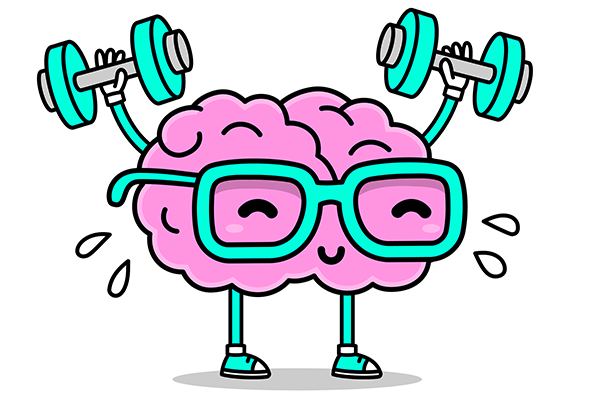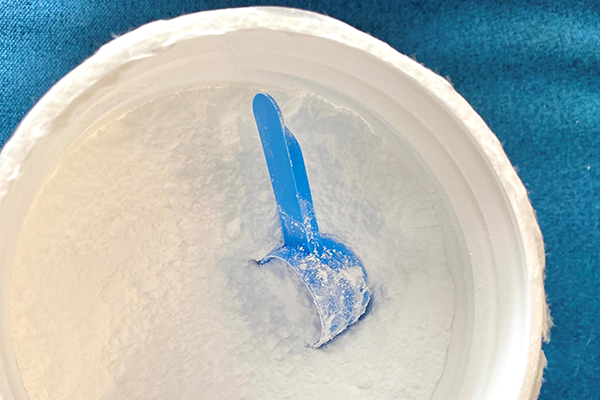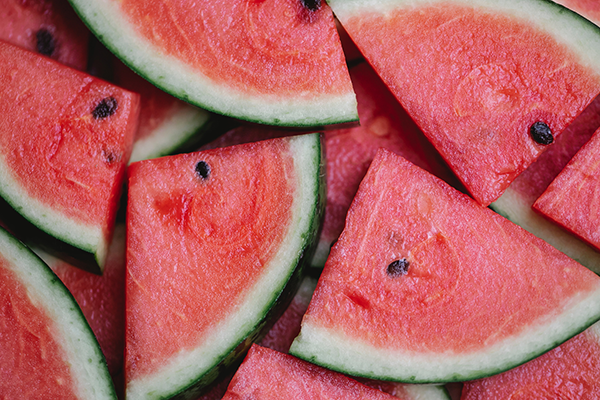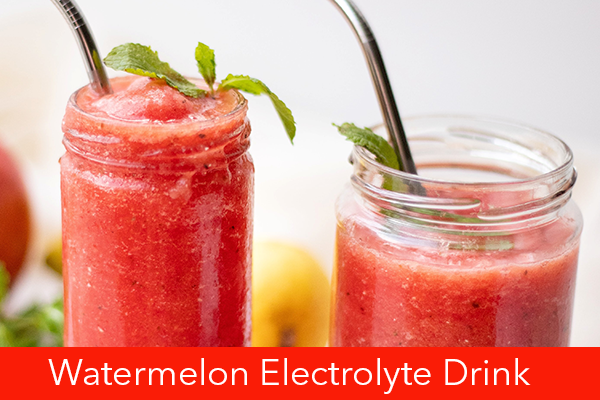When we hear about supplements like creatine or branch chain amino acids, most of us automatically think of athletes, or body builders, or something similar, but these supplements have many benefits beyond athletic performance.
Did you know that some sports #supplements have benefits beyond sports performance? #saslife Click To TweetCreatine
Creatine is an amino acid that helps supply our cells with energy. It has also been called “the most effective ergogenic nutritional supplement available.” In addition to strength and endurance improvements, research has shown that creatine supplements can enhance recovery and help to prevent injuries, including those that involve the brain. Creatine has been shown to reduce the severity of and enhance recovery from concussion, mild TBI and stroke. Improved cognition, memory and depression are other brain benefits from creatine.
Creatine supplementation can play a big role in heart health. It’s been shown to significantly lower cholesterol, triglycerides and fat accumulation in the liver. It may also help to reduce fibrillation and arrhythmias and improve vessel health. By improving metabolic function, creatine can also lower HbA1c and improve glucose metabolism.
It may also slow tumor growth in some types of cancer, minimize bone and muscle loss in older individuals and improve knee osteoarthritis.
This is quite the wide array of potential benefits, but it does make sense that creatine could impact so many different conditions since it affects the most basic cellular functions. Currently, there is no consensus as far as the dose needed to get these specific benefits and it would likely depend on many factors such as current creatine levels, genetics, disease states and medications.
While creatine supplementation has a long history of safety, those with kidney disease should consult with their health care provider before taking creatine.
Branch Chain Amino Acids
Branch chain amino acids are three of the nine essential amino acids that our body needs to get from food. Supplementing with BCAAs in healthy individuals that are getting adequate protein intake has minimal benefits. However, for those with compromised protein intake, digestion, or absorption or those in a hypermetabolic state, BCAAs might be a helpful addition.
BCAAs are not only necessary for maintaining or growing muscle, they also provide fuel sources for our immune cells and are the building blocks for new immune cells. Studies show that BCAA supplementation can reduce inflammation, enhance immune function, improve wound healing and improve gut health. Clinically, BCAAs have been used in a number of disease states such as liver cirrhosis, renal failure, burns and cancer. BCAAs might also be helpful for maintaining muscle mass during recovery from injury, surgery or in the elderly.
Dose requirements will vary depending on dietary intake and health status but sticking to 1-5 grams daily is generally considered safe. There are concerns that BCAAs might interfere with some medications used to treat Parkinson’s Disease and might have additive effects with certain medications used to treat type 2 diabetes.
L- citrulline
A common ingredient in pre workout supplements, L-citrulline has some potential benefits beyond the gym. L-citrulline is a non-essential amino acid, meaning the body can make it from other amino acids. In the body, L-citrulline is converted to L-arginine which then helps to produce nitric oxide (NO). NO is a vasodilator and helps relax blood vessels, improving blood flow and boosting nutrient and oxygen delivery to cells. Supplementing with L-citrulline boosts NO production better than supplementing with L-arginine. When taken as a supplement, L-arginine is broken down in the intestines and liver before it can boost blood levels, whereas L-citrulline bypasses this step and is converted to L-arginine in the kidneys and boosts blood levels of NO.
NO production naturally diminishes as we age, increasing our risk of hypertension, diabetes and cardiovascular disease. Supplementing with L-citrulline and boosting NO production has been shown to reduce blood pressure, improve wound healing in those with type 2 diabetes and even reduce chronic low-grade inflammation and oxidative stress. In one study, 3 grams of L-citrulline malate reduced pulmonary hypertension by 16%!
Therapeutic dosage seems to range from about 3g per day to 10g per day, and is typically well tolerated, unlike supplementing with L-arginine which can cause significant GI distress at moderate to low doses. There aren’t many food sources of citrulline. Watermelon contains the most at about 1g of citrulline per pound. Fun fact: The botanical name for watermelon is Citrullus lanatas – which is where citrulline got its name.
While these results all sound very impressive, most studies were small and tested only short-term impacts. Please make sure to consult your health care provider before starting any supplements, especially if you are taking medications.
Watermelon Electrolyte Drink
Makes 2 servings
PRINT RECIPE
Watermelon is the top food source of L-citrulline.
Ingredients
3 cups chopped watermelon, fresh or frozen
1 cup cold water
1 lime, juiced
¼ tsp salt
Directions
- Place all ingredients in a blender and blend until smooth.





